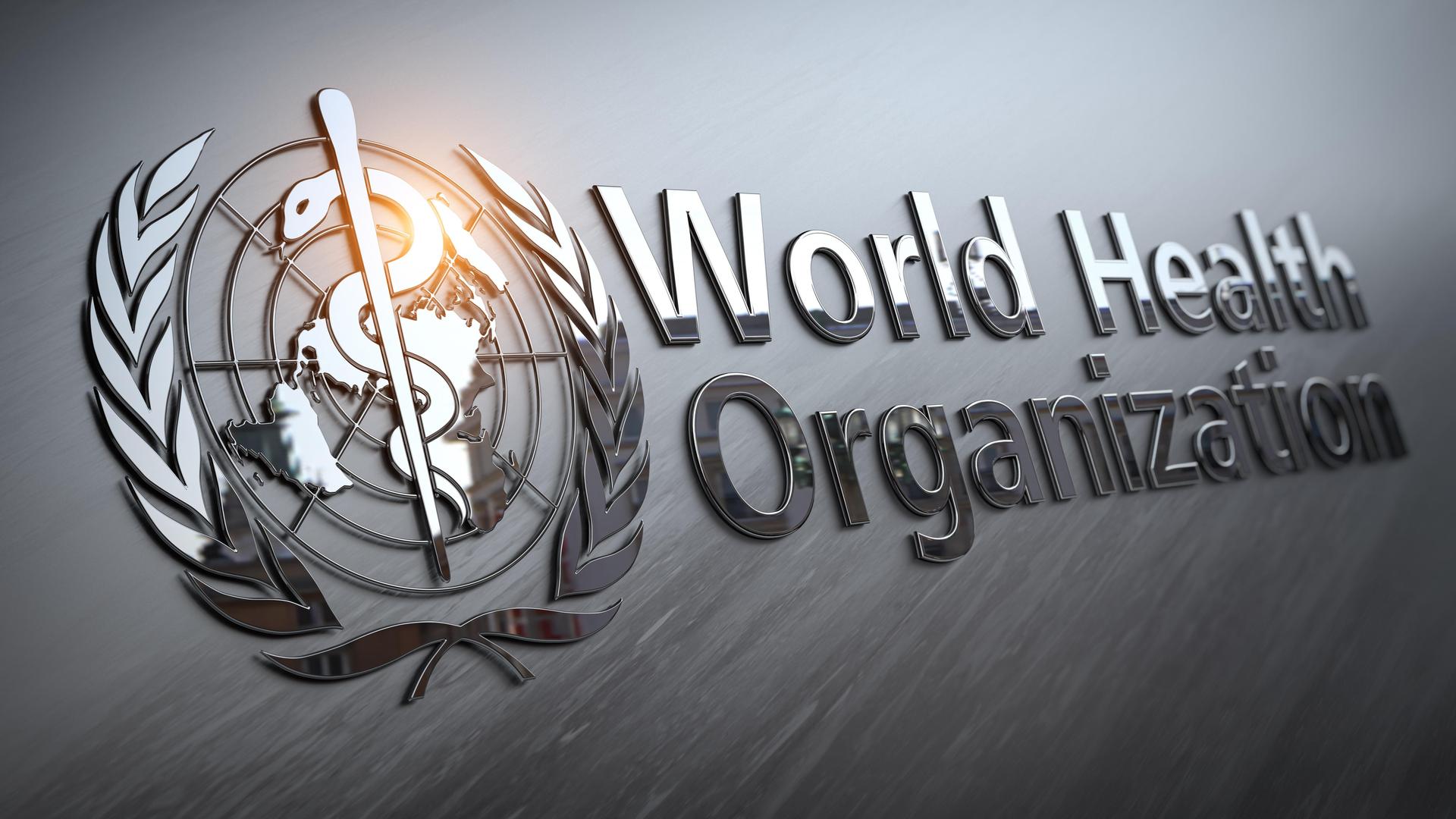WHO Unveils First Global Guidelines to Strengthen Meningitis Diagnosis and Care
The World Health Organization (WHO) has officially launched its first-ever global guidelines for the diagnosis, treatment, and care of meningitis, a move set to transform how the disease is managed worldwide.
The groundbreaking initiative is designed to accelerate disease detection, ensure timely treatment, and enhance long-term care, all with the goal of drastically reducing meningitis-related deaths and disabilities.
“Implementing these new guidelines will help save lives, improve long-term care for those affected by meningitis, and strengthen health systems,” said WHO Director-General Tedros Ghebreyesus.
Meningitis: A Persistent Global Health Threat
Despite existing vaccines and treatments, meningitis remains a major public health concern, particularly in low- and middle-income countries and regions within the African ‘Meningitis Belt’.
- Bacterial meningitis is the deadliest form, with death occurring within 24 hours if left untreated.
- WHO data shows that 1 in 6 people with bacterial meningitis dies, and many survivors suffer from lasting complications such as hearing loss or brain damage.
Key Symptoms of Meningitis
WHO warns that early detection is crucial due to the rapid progression of the disease. Common symptoms include:
- Fever
- Severe headache
- Neck stiffness
- Vomiting
- Confusion
- Sensitivity to light
In infants, additional signs include bulging fontanelles.
Evidence-Based Recommendations to Improve Outcomes
The newly released guidelines are grounded in comprehensive research and are expected to standardize care practices across healthcare systems globally. They aim to:
- Improve early detection and diagnosis
- Ensure prompt antibiotic treatment
- Enhance supportive care and rehabilitation
- Guide epidemic response and prevention efforts
Kenya Aligns with WHO Through National Elimination Plan
In tandem with WHO’s global roadmap, Kenya’s Ministry of Health has developed a National Meningitis Elimination Plan, which targets:
- Prevention through vaccination
- Rapid diagnosis
- Effective outbreak control
- Public awareness and advocacy
This plan aligns with WHO’s goal of eliminating meningitis as a public health threat by 2030.
Global Impact and Future Outlook
The WHO guidelines come at a critical time, offering a lifeline to health providers and patients, particularly in high-risk areas. As more countries implement these standards, survival rates are expected to improve, and long-term neurological and physical complications can be significantly reduced.





